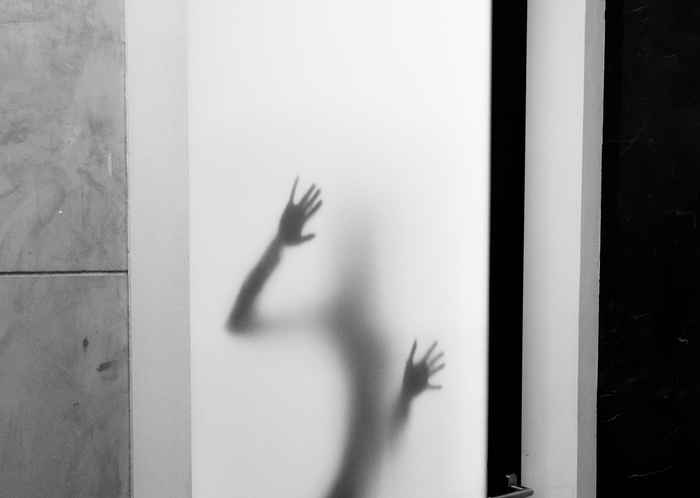Glissant’s Opacity: Bodies, Relations, Translations
- Date
- 21 February 2025
- Time
- 10:00 -12:00

Dr. Lieks Hettinga is Assistant Professor in Gender Studies at Utrecht University. Their research is situated at intersections of transgender studies, disability studies, critical theory, and visual culture. Their research examines ways in which artists and activists visualize, represent and/or enact non-normative embodiment, more specifically looking at the intersection of trans and disability visual politics and poetics of the body. Their research interests include trans-crip affinities in critiques of (neo)liberalism and debates about how race and disability underpin and/or trouble contemporary Western consolidations of ‘transgender’ as an identity category. They are currently preparing a monograph based on their PhD dissertation (2021), tentatively titled Appearing Differently: Trans-Crip Aesthetics of Refusal.
Event Description:
This event works towards its final conversation with Dr. Lieks Hettinga to think through how Glissant’s work pays itself forward into “the right to Opacity,” a means to engage more respectfully in our aspirations towards “togetherness” (Amal Alhaag, Wayne Modest).
In the first part of this event, Alessandra Benedicty-Kokken pays explicit attention to Glissant’s novels, arguing that they are fundamental, even necessary to fully grasping the urgency of the Glissantian inquiry. More specifically, in paying attention to the theory that is generated in and by his novels, this article thinks through what the relationship between Opacity and Afropessimism most necessarily might be. If in recent years, and increasingly, Glissantian thought excitingly and crucially has become highly attractive to scholars, curators, and artists whose work interrogates late capitalism, what remains undertheorized is the relationship between the particular historical circumstances that inform his œuvre and how these grounded experiences—even if, and especially because they are speculative—are taken up in the broader contexts sketched out by his Tout-Monde [Whole-World]: both thinking ‘South-South’ articulations, but also what it means for scholars of anti-capitalist critique thinking from the Global North to deploy Glissantian work in ways that forget, estrange, or even underestimate how his theoretical considerations constantly “trace” back into the material realities of Martinique.
This lecture takes place in the context of the course: Literary Worlds: World Literature and Globalisation, in Literary and Cultural Analysis undergraduate program.